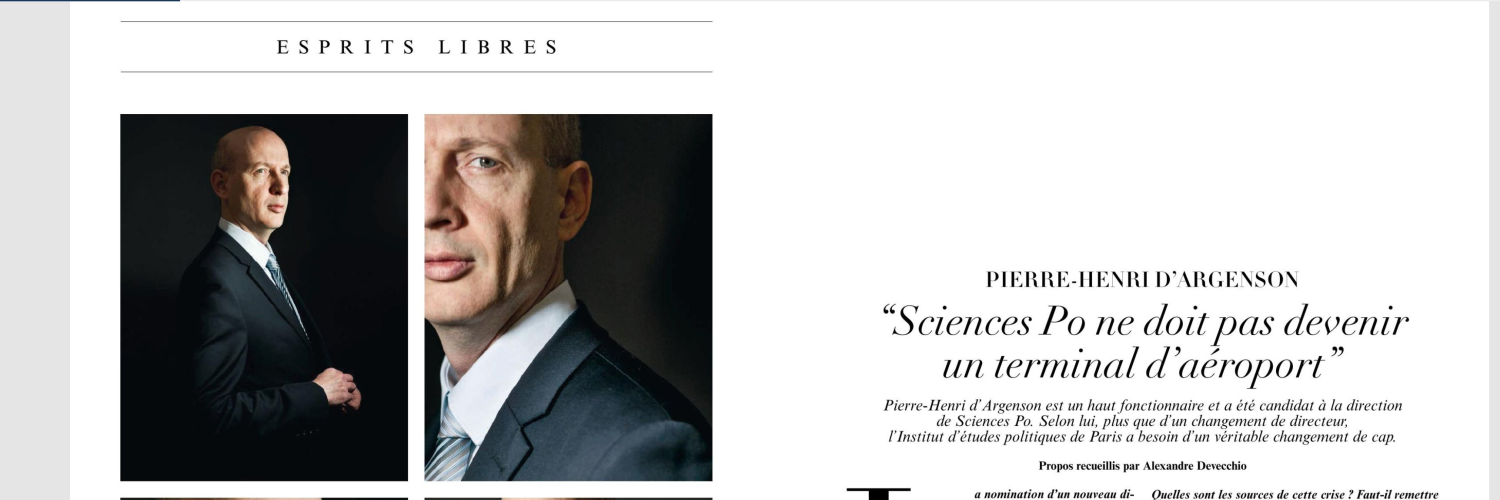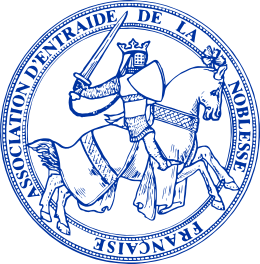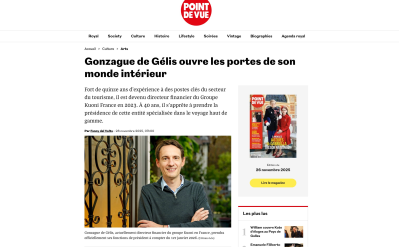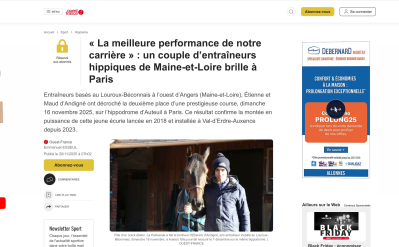News

Le Figaro Magazine: "Pierre-Henri d'Argenson: "Sciences Po must not become an airport terminal"".
21 November 2024
Press review
Viewed 324 times
FIGAROVOX/GRAND ENTRETIEN - According to the senior civil servant running for the position of director of Sciences Po, the Institut d'études politiques de Paris needs a real change of direction....
You must be logged in to read more









